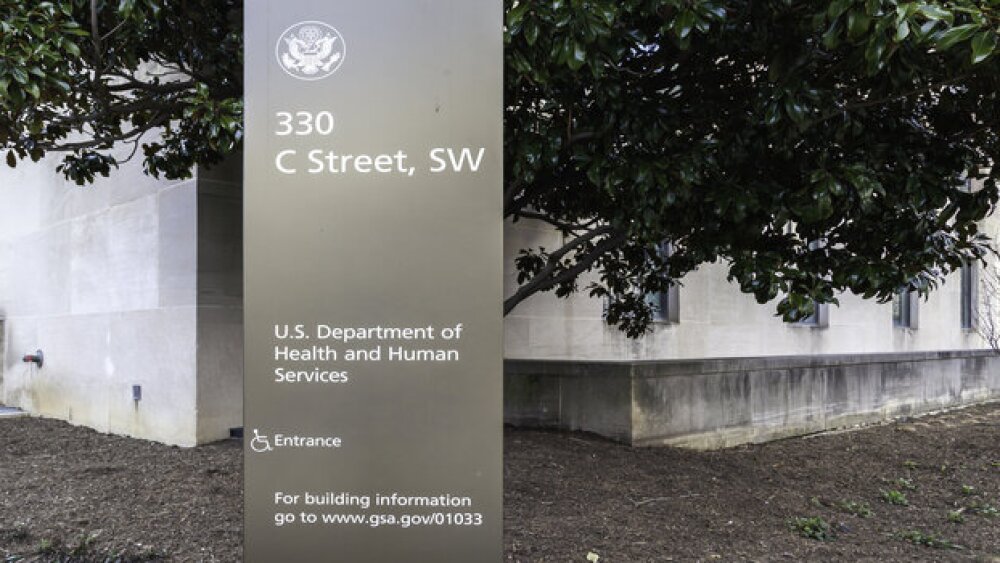Almost one month after BeiGene’s Bruton’s kinase inhibitor Brukinsa won accelerated approval for mantle cell lymphoma, the company reported the drug failed to hit the mark in a late-stage trial assessing the drug as a treatment for Waldenström’s macroglobulinemia.
Almost one month after BeiGene’s Bruton’s kinase inhibitor Brukinsa (zanabrutinib) won accelerated approval for mantle cell lymphoma (MCL), the company reported the drug failed to hit the mark in a late-stage trial assessing the drug as a treatment for Waldenström’s macroglobulinemia (WM), a type of non-Hodgkin lymphoma.
Shares of Beigene dropped more than 6% Monday after the company announced the news. Cambridge, Mass.-based Beigene was comparing its asset to Johnson & Johnson’s Imbruvica (ibrutinib) as a potential treatment for WM. Beigene said Brukinsa did not achieve statistical significance on its primary endpoint of superiority in complete response (CR) and very good partial response (VGPR) rates against the J&J drug. However, the company said Brukinsa demonstrated a higher VGPR rate as well as improvements in safety and tolerability in this first randomized comparative trial to read out within the BTK inhibitor class.
Although Brukinsa did not hit its primary endpoint, data from the Phase III ASPEN trial showed 28.4% of Brukinsa patients achieved VGPR compared to 19.2% in the Imbruvica arm. Also, Brukinsa had a more favorable safety profile, Beigene said. That suggests improved clinical benefit for Brukinsa over standard BTKi therapy in the treatment of patients with WM, the company added.
WM is a rare and incurable form of non-Hodgkin lymphoma. There are limited FDA-approved treatment options. WM typically affects older adults and is primarily found in the bone marrow, however lymph nodes and the spleen can also be affected. In the U.S., there are about 2,800 new cases of WM each year.
Imbruvica paired with Rituxin was approved for the treatment of Waldenström’s macroglobulinemia last year. That approval boosted Imbruvica in the space as it had previously been approved as a monotherapy for the rare blood cancer.
Jane Huang, chief medical officer of hematology at Beigene, said company researchers sought to design a BTK inhibitor that would improve efficacy and decrease side effects in patients. Huang said the Phase III ASPEN trial failed to distinguish Brukinsa statistically against Imbruvica, the data showed consistent safety advantages for patients treated with Brukinsa compared to Imbruvica.
“We took a bold approach to our clinical development plan by evaluating zanubrutinib directly against ibrutinib in patients with WM and are encouraged by the improvements in VGPR rates and safety. While falling short of a statistically significant improvement in CR and VGPR, we believe the trial demonstrated that zanubrutinib is a highly potent BTK inhibitor that has clinical benefit and trends toward increased response quality,” Huang said in a statement.
Huang went on to note that Brukinsa is a more selective BTK inhibitor with beneficial pharmacokinetics and is designed to provide “deep, meaningful responses for many patients.”
Beigene plans to present the data from the ASPEN trial at coming medical conferences and also plans to discuss the findings from the study with regulatory agencies in the United States and Europe. Additionally, the company said it will continue to evaluate Brukinsa compared to Imbruvica in its ongoing Phase III ALPINE trial in patients with relapsed/refractory chronic lymphocytic leukemia or small lymphocytic lymphoma.





